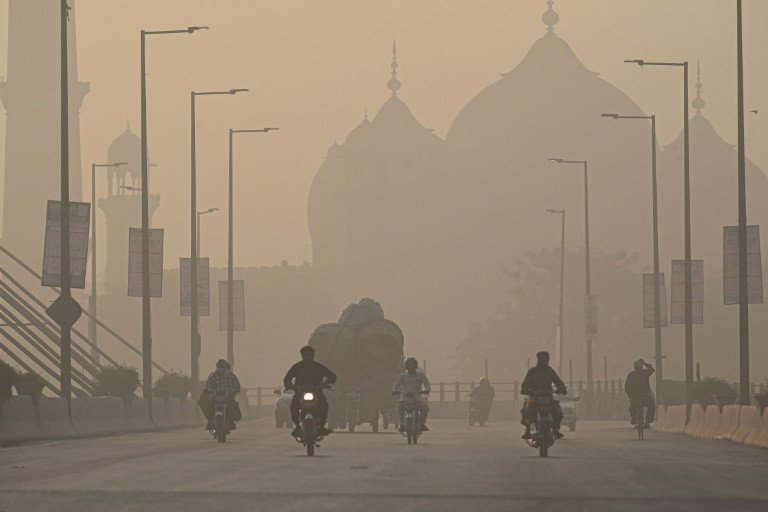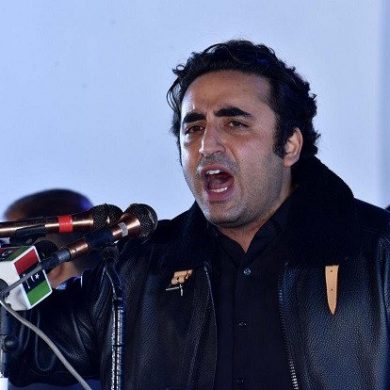On Wednesday (17 November), authorities in India’s smog-shrouded capital and neighboring states suspended schools indefinitely and shut down some coal-burning power plants to decrease air pollution, as the country considers an unprecedented and far-reaching step: a lockdown in New Delhi.
India’s significant reliance on coal, which provides for 70% of the country’s power, has been highlighted by the dirty-air catastrophe in the city of more than 20 million people.
The state government of New Delhi has said it is open to the notion of a weekend lockdown to limit automobile traffic and maybe other air-polluting activity in the city, and it is waiting for the Supreme Court’s approval. A decision might be made as soon as November 24.
It’s unclear how long the lockdown would last. Authorities are debating whether or not industries should be allowed to continue operating.
According to some experts, a lockdown would do little in terms of pollution management and would instead cause economic disruptions and ruin the livelihoods of millions of people.
This isn’t the solution we’re seeking for because it’s so inconvenient. And we must remember that the economy is already strained, and the poor are particularly vulnerable,” said Anumita Roychowdhury, executive director of the Centre for Science and Environment, a New Delhi-based research and advocacy group.
A federal environment ministry panel issued severe restrictions on Tuesday night in response to rising pollution levels in the capital, demonstrating to citizens that the government is taking steps to address a situation that has plagued the city for years.
In addition to halting schools and shutting down some power plants, the Commission for Air Quality Management has ordered a construction halt until November 21 and has prohibited trucks carrying non-essential commodities. The tribunal also instructed the impacted governments to urge half of all private office employees to work from home.
The importance of coal to India was highlighted just a few days ago at the United Nations Climate Change Conference in Scotland, where nearly 200 countries agreed to a compromise plan to combat global warming. It included a last-minute adjustment requested by India, which softened key language about coal.
The modified deal would reduce rather than eliminate coal power, which is the largest source of greenhouse gas emissions.
On Wednesday, harmful particle levels in New Delhi’s air reached seven times the permissible level, with some areas exceeding 300 micrograms per cubic meter. The safe level, according to the World Health Organization, is 25. Forecasters have warned that air quality may deteriorate until cold winds arrive next week, which will clear the haze.
Air pollution in the capital reached a critical level earlier this month, and inhabitants were subjected to multiday bouts of intense pollution. As a result, the Supreme Court issued an injunction last week directing state and federal governments to take immediate and emergency measures. New Delhi officials replied by recommending a week-long lockdown and school closures.
According to the federal government, automobile emissions account for about a quarter of the city’s pollution in the winter. The situation worsens during the winter months, when neighboring states’ burning of crop residue coincides with colder temperatures, trapping the smoke. The smoke reaches New Delhi.
In the winter, emissions from industries without pollution-control systems, smoke from festival firecrackers, and construction dust all skyrocket.
According to several studies, more than a million Indians die each year as a result of diseases caused by air pollution.
The capital has tried a variety of methods to reduce the number of cars on the road, including the use of huge anti-smog cannons and building halts. However, the measures have had little impact. Residents complain that the government isn’t doing enough to help them.



